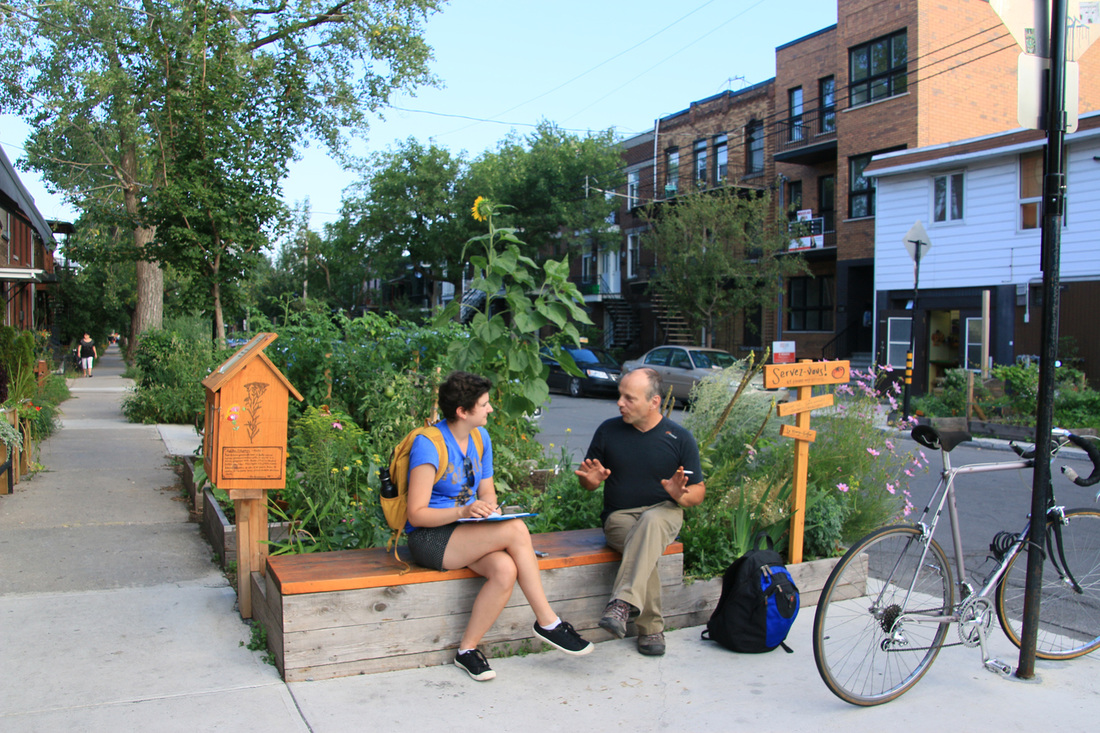What does it all mean?
Radical theorists concerned with the state of democratic institutions such as Alain Badiou, Jacques Rancière and Slavoj Žižek, have all suggested that a post-political climate has severely limited the potential for true democratic politics. Real, ‘radical’ democracy is for Rancière, the essence of politics and cannot be found within institutional democracy, “with its elections, parties, and oligarchic institutions” (Purcell 2014). Without these antagonisms, social hierarchies are often naturalized, leading to unequal and unchallenged power relations. This dynamic is characterized by “post-democratic” governance, with its emphasis on technocratic management of social and environmental issues, once the realm of political discourse. For Chantal Mouffe, this shift towards a ‘universal rational consensus’ is the main threat to democracy. She claims that conflict and power, or ‘agonistic pluralism’ is the main constituent of democracy. In her own words, “the main question of democratic politics [is] not how to eliminate power, but how to constitute forms of power which are compatible with democratic values” (Mouffe, 2005)
Post-Politics & Sustainability
A post-political climate is perhaps evident in the context of sustainability. Erik Swyngedouw asserts: “I have not been able to find a single source that is against ‘sustainability.’” (Swyngedouw 2007) Sustainability discourse puts forth a one-dimensional Nature that is highly symbolic, thereby shutting out different and contingent natures. A single conception of what is “natural” conceals the ways in which Nature is actually shaped by dominant hegemonic political processes. This framework perpetuates social (and political) exclusion, while claiming to be inclusive and consensual. In reaction to this technocratic and apolitical approach to sustainability, concepts such as ‘just sustainability’ and ‘actually existing sustainability’ have emerged (Alkon and Agyeman 2011). This approach to sustainability insists that we incorporate the values and experiences of marginalized groups. In this way, sustainability is not a one-size fits-all solution that can simply be applied to different situations, but rather a spatially and temporally contingent concept.
Intersection of UA and Post-Politics?
As we engage with different UA practices and policies over the next few weeks, we’ll be keeping these debates in mind. We’re kicking around lots of questions: How might municipal governance in Montreal and Portland reflect a post-political condition? Can post-political theory effectively scale down to local institutions or is the critique best suited for a global understanding? How are different voices integrated, valued (or not) within a given project? How has conflict been dealt with? How are different conceptions of nature arising in these various UA projects? What do they say about sustainability?
Stay tuned! We’ll no doubt have reflections (and further questions) to come!
Vos Amis,
Claire et Dirk

 RSS Feed
RSS Feed
